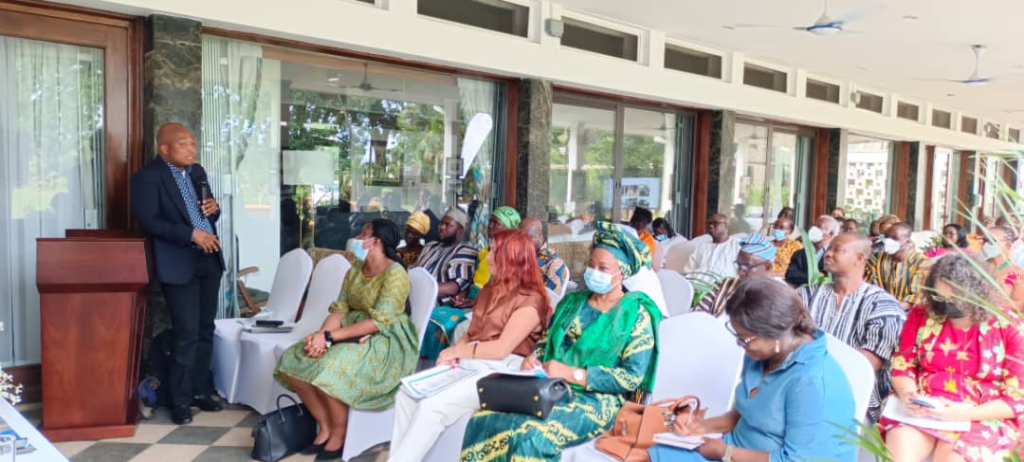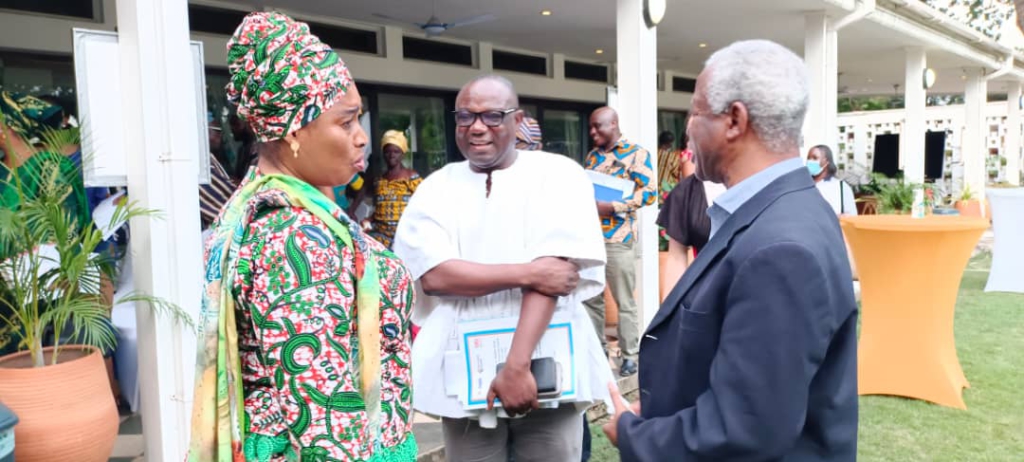The British High Commission has hosted a roundtable meeting where key stakeholders have committed to collaborate to end witchcraft allegations.
This is to address the deplorable conditions in the alleged witch camps and to safely re-integrate the alleged witches into their communities of choice.
A new evidence-based research report from Songtaba has identified a strong gender element to witchcraft allegations, with the vast majority (93.5%) of the accused being women, and most of the accused being older and widowed.
The research further found that over half of the women in the camps are experiencing depression and 97% have a low quality of life.
Representatives from the Alleged Witches Network spoke at the roundtable to explain how they have no food, no fuel, have challenges accessing safe drinking water, no funds to educate their children or grandchildren, and very poor accommodations.

Many have experienced significant abuse following the witchcraft allegations against them. Nearly three-quarters of the women want to be re-integrated into their communities but are afraid of fresh allegations being made.
Speaking in response to the report, Minister Designate for Gender, Children and Social Protection, Lariba Zuweira Abudu, reiterated the Ministry’s commitment to end all forms of negative cultural practices and to protect marginalised people in society against human rights abuses, and to continue to enact measures to alleviate the deplorable conditions faced by the women in the camps.
The Executive Director of Songtaba, Lamnatu Adam, said that “everyone here sees the issue of witchcraft allegations as a human rights violation. There is now that commitment from key stakeholders to do something about it”.
Commissioner of the Commission of Human Rights and Administrative Justice (CHRAJ), Joseph Whittal, shared key findings from a recent report on the alleged witches’ lack of access to justice and called on government to take on board the evidence presented and to move beyond reporting and rhetoric, towards action.
Deputy Director for Mental Health, Dr Ama Boadu, and CEO of the Mental Health Authority, Prof Akwasi Osei, committed to support immediate efforts to address the mental health needs of the women in the camps.

Members of Parliament, including Samuel Okudjeto Ablakwa and Francis Xavier Sosu spoke passionately on the subject, with the former labelling the presence of the camps in Ghana as “a national disgrace”.
Civil society representatives from Action Aid, STARGhana Foundation, BasicNeedsGhana and Sanneh Institute further committed to support Songtaba in their efforts.
Mrs. Lamnatu Adam summarised key next steps as needing to extend mental health and wellbeing support to the women now, as well as pushing for the closure of the camps and supporting women to safely reintegrate into their communities of choice as soon as possible.
“Supporting the Bill to criminalise witchcraft allegations can also go a long way to ending this practice,” she said.





